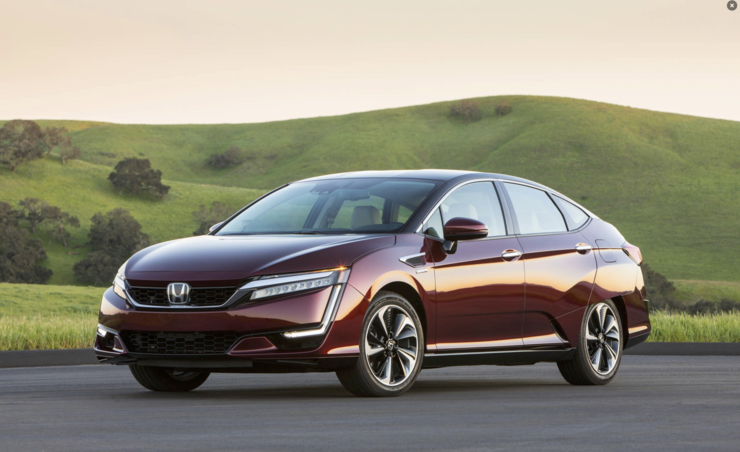| |
 |
|
| ▲ Honda Clarity Fuel Cell |
This logic can be applied just as well to electric cars. Since 90% of the electricity produced in Korea comes from thermal power stations and nuclear power plants, electric cars are not necessarily more eco-friendly than other vehicles.
Instead of the LPG derived hydrogen, the hydrogen charging station in Sangam-dong uses hydrogen extracted from trash buried underground.
Some proponents of hydrogen cars claim that hydrogen can be supplied by excess or byproduct hydrogen produced from oil refining or naphtha cracking. This method is plausible while the number of hydrogen cars is low. However, if they are popularized, it's inevitable that natural gas will need to be consumed to produce more hydrogen.
Also, the byproduct of oil refining is mostly expended in the desulphurization or gas reformation (cracking) process and is not sufficient for sale on its own. The leftover hydrogen from steel manufacturing is unfit for car fuel because of it's relatively small amounts and low purity.
Currently, the mass-production of hydrogen for sale is supplied from the byproduct of naphtha cracking, which is used for industrial and chemical purposes. In Korea, 130,000 tons of hydrogen are sold yearly.
On the other hand, in the United States, approximately 400,000 tons of byproduct hydrogen are traded every year. Since one hydrogen car's yearly consumption of hydrogen is about 3-4 tons, approximately 100,000 cars can be operated annually.
However, because the number of registered vehicles are 22 million in Korea alone, the entire supply of American byproduct hydrogen can fuel only 0.5 percent of Korean car demands.
Even if the process is modified to amplify hydrogen production or the fuel efficiency of hydrogen cars is improved, only about one percent of current vehicle demands can be met. |




















